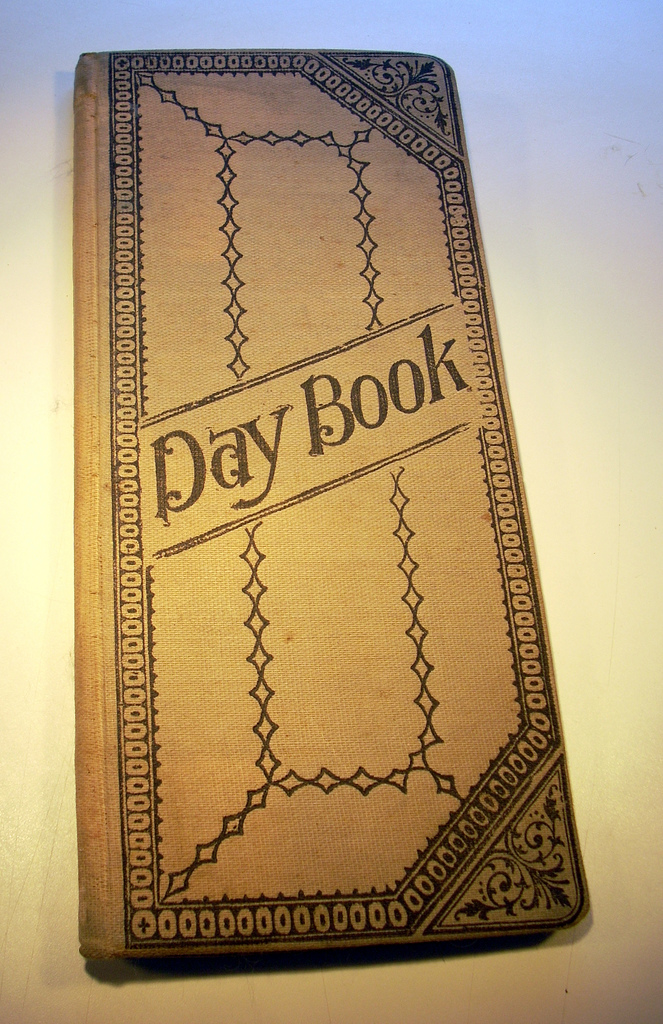12 June 2014
So you don't care about Mr. Merchant? Study him anyway. Ditto for Mr. Lawyer, Miss Teacher, Dr. Whoever, the Rev. Mr. Anybody, and Widow DoGood. Many of these community members were "unofficial record-keepers." When their records survive, they can provide priceless information about the subject of our research. Wherever floods, fires, and vermin have destroyed courthouse and town-hall records, the memoirs and papers of those community leaders may be the only source for information that we vitally need.
Laboring in other vineyards, we have just finished reading a 1765 estate inventory for a frontier merchant. The list of notes and accounts due him was a virtual census of every male and widow within 30 miles of him. What a wonderful reward for willingness to plow through dozens of pages of scrawled French!
Where can we find papers of this sort? An excellent starting place, for U.S. research., would be the Library of Congress's online manuscripts. LC's online resources also provide catalogs of undigitized holdings in its Manuscripts Division. While there, also check the module for the National Union Catalog of Manuscript Collections—NUCMC as it's fondly known. This massive enterprise by LC catalogs manuscripts, papers, letters, diaries, and such from libraries and archives across the nation.
Other online digitization projects exist by the thousands. If we are willing to shuck our natural focus on specific individuals of interest, and expand our search to include those community leaders, we can vastly increase our odds of resolving the toughest research problems.
PHOTO CREDIT
"FILE: Business Day Book.jpg," Wikimedia Commons (http://upload.wikimedia.org/wikipedia/commons/f/ff/Business_Day_Book.jpg : downloaded 11 June 2014), image contributed by "By EraserGirl (Own work) [CC-BY-2.0."
Manuscripts
I discovered our local historical society has in their archives school registers that were filled out by the teacher that lists the student's names, their addresses, and their parent's names along with details about their studies. So I would suggest checking local sources as well for such manuscript items.
Great suggestion, Lisa.
Great suggestion, Lisa.